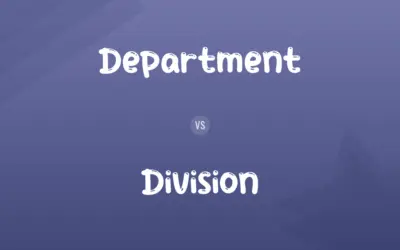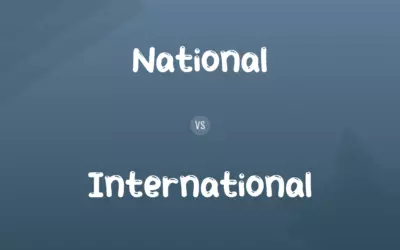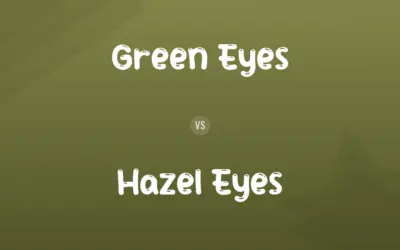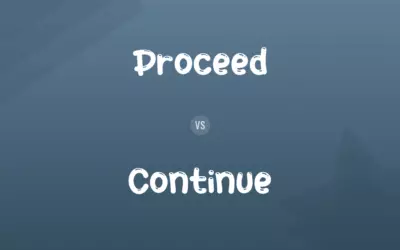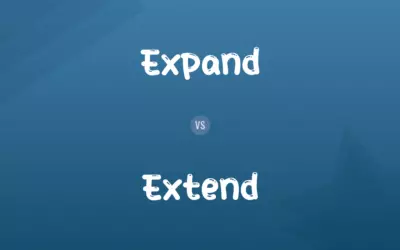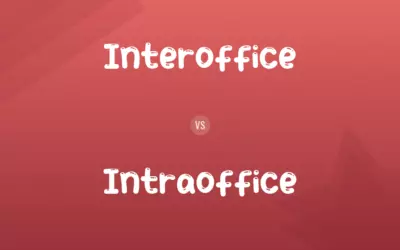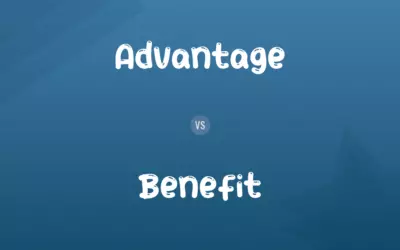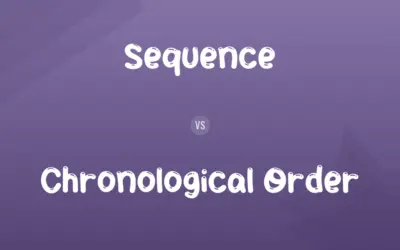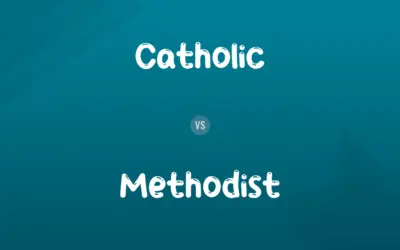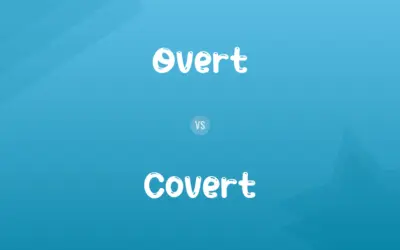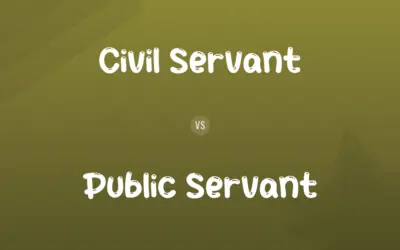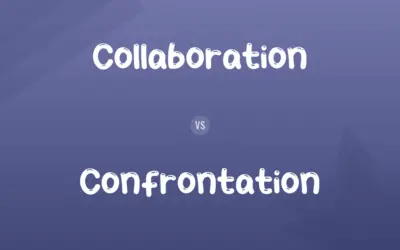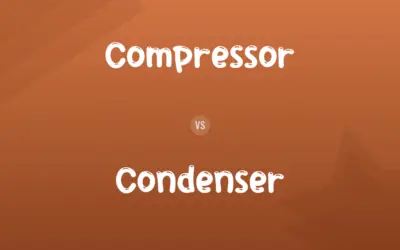Civilisation vs. Civilization: Difference and Comparison
Edited by Muazma Batool — By Muneeza Rehman — Updated on December 27, 2023
"Civilisation" and "civilization" mean the same: the stage of human social, cultural, and technological development, differing only in British (civilisation) and American (civilization) spelling.
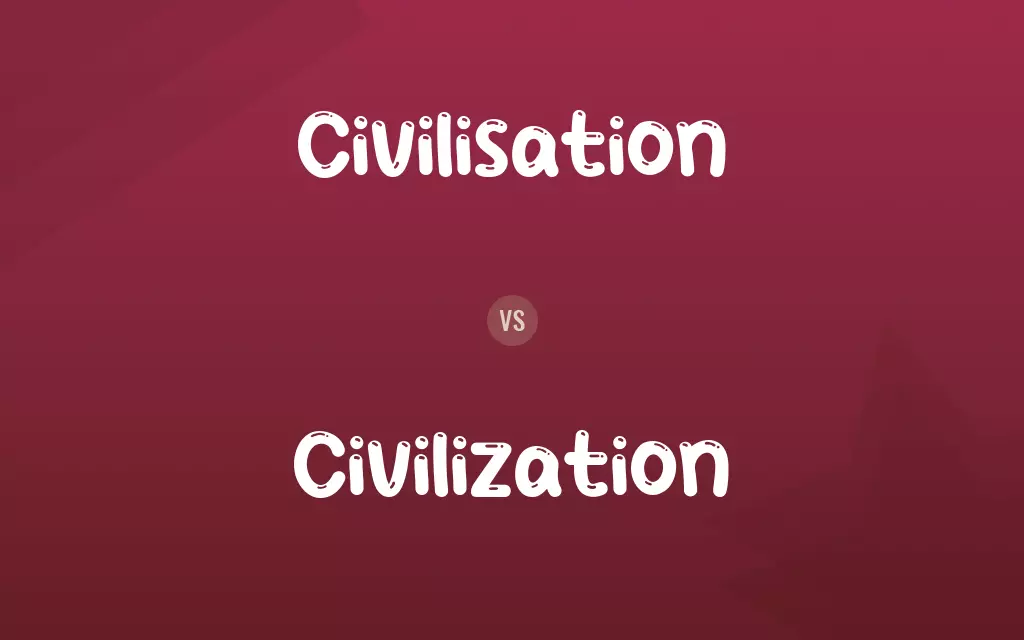
Difference Between Civilisation and Civilization
"Civilisation" and "civilization" refer to the same concept, but their spelling varies regionally. In British English, "civilisation" is the preferred spelling, reflecting the influence of French orthography. American English, on the other hand, uses "civilization," a form influenced by Latin American Spanish. Both words describe the complex society, culture, and infrastructure of a developed human community.
Muneeza Rehman
Dec 27, 2023
In the context of historical development, "civilisation" and "civilization" are used interchangeably. They both denote the progression from a simpler, often nomadic lifestyle to a more complex, settled society with advanced governance, technology, and culture. The British spelling "civilisation" and the American "civilization" carry the same connotations of societal advancement and cultural sophistication.
Muazma Batool
Dec 27, 2023
In academic discourse, whether one uses "civilisation" or "civilization" often depends on the regional or institutional preference. British scholars tend to use "civilisation," whereas American scholars are more likely to use "civilization." This difference, however, does not affect the fundamental meaning of the term, which encompasses aspects such as economic development, social structure, and cultural achievements.
Muneeza Rehman
Dec 27, 2023
When discussing global historical trends, "civilisation" and "civilization" serve as a lens through which the development of human societies can be examined. The British "civilisation" and the American "civilization" both encapsulate the idea of human societies moving towards greater complexity and organization, often marked by advancements in technology, art, and governance.
Henry
Dec 27, 2023
In popular culture, the usage of "civilisation" or "civilization" can be a subtle indicator of the intended audience or origin of the content. For instance, a documentary produced in the UK might consistently use "civilisation," while an American-produced film might prefer "civilization." Despite this variation in spelling, both terms are understood globally to represent the concept of advanced human societies with distinct cultural, political, and technological attributes.
Leo
Dec 27, 2023
Civilisation vs. Civilization Comparison Chart
Usage in Academia
Common in British English contexts
Common in American English contexts
Muneeza Rehman
Dec 27, 2023
Global Understanding
Recognized globally as British English
Recognized globally as American English
Henry
Dec 27, 2023
Civilisation vs. Civilization Definitions
◉Civilisation
Civilisation signifies the refinement of thought, manners, and taste.
The Renaissance marked a pivotal moment in the civilisation of Europe.
Muazma Batool
Dec 27, 2023
◉Civilization
Civilization refers to the advanced stage of human society with sophisticated culture, science, and industry.
The rise of the Roman civilization had a profound impact on European history.
Muazma Batool
Dec 27, 2023
◉Civilisation
Civilisation refers to the stage of human social and cultural development and organization.
The ancient Egyptian civilisation is known for its monumental architecture.
Elijah
Dec 27, 2023
◉Civilization
Civilization indicates a state of cultural, moral, and intellectual development in society.
Ancient Greek civilization is celebrated for its philosophical and artistic contributions.
Lucas
Dec 27, 2023
◉Civilisation
Civilisation denotes a complex society with established institutions and urban development.
The Indus Valley civilisation had advanced city planning and architecture.
Lucas
Dec 27, 2023
◉Civilization
Civilization denotes a society characterized by urban development, social stratification, and governance.
The Mayan civilization was remarkable for its cities and astronomical knowledge.
Nolan
Dec 27, 2023
◉Civilisation
Civilisation implies the progress in technology and science within a society.
The Industrial Revolution dramatically changed the civilisation of the 19th century.
William
Dec 27, 2023
◉Civilization
Civilization implies the development of technology and engineering in human societies.
The modern civilization has been transformed by the advent of the internet.
Muneeza Rehman
Dec 27, 2023
◉Civilization
Civilization encompasses the overall progress of humanity in various fields like arts, science, and governance.
The 20th century witnessed unprecedented advancements in civilization due to technological innovations.
Muneeza Rehman
Dec 27, 2023
◉Civilization
An advanced state of intellectual, cultural, and material development in human society, marked by progress in the arts and sciences, the extensive use of record-keeping, including writing, and the appearance of complex political and social institutions.
Muneeza Rehman
May 03, 2023
◉Civilisation
a particular society at a particular time and place;
early Mayan civilization
Muneeza Rehman
May 03, 2023
◉Civilization
The type of culture and society developed by a particular nation or region or in a particular epoch
Mayan civilization.
the civilization of ancient Rome.
Muneeza Rehman
May 03, 2023
◉Civilisation
a society in an advanced state of social development (e.g., with complex legal and political and religious organizations);
the people slowly progressed from barbarism to civilization
Muneeza Rehman
May 03, 2023
◉Civilisation
the quality of excellence in thought and manners and taste;
a man of intellectual refinement
he is remembered for his generosity and civilization
Muneeza Rehman
May 03, 2023
◉Civilisation
Civilisation encompasses the collective achievements of humanity in arts, knowledge, and living standards.
Modern civilisation has been shaped significantly by digital technology.
William
Dec 27, 2023
Civilisation vs. Civilization Frequently Asked Questions
How are civilisation and civilization used in writing?
Both are used to refer to advanced human societies, but "civilisation" is preferred in British English and "civilization" in American English.
Muazma Batool
Dec 27, 2023
Are the meanings of civilisation and civilization different?
No, their meanings are identical, describing the complex development of human societies.
Muneeza Rehman
Dec 27, 2023
Is one spelling more correct than the other?
No, neither spelling is more correct; it's a matter of regional language variation.
Muneeza Rehman
Dec 27, 2023
Do civilisation and civilization have the same historical implications?
Yes, both terms imply historical progression from simpler to more complex societal structures.
Muneeza Rehman
Dec 27, 2023
What is the main difference between civilisation and civilization?
The main difference lies in the spelling; "civilisation" is British English, while "civilization" is American English.
Muneeza Rehman
Dec 27, 2023
Can civilisation and civilization be used interchangeably?
Yes, they can be used interchangeably, though the choice often depends on the regional or institutional preference.
Lucas
Dec 27, 2023
Is it important to maintain consistency in using civilisation or civilization in a text?
Yes, consistency in spelling is generally preferred within a single text for clarity and style.
William
Dec 27, 2023
Are there any contexts where civilisation or civilization is exclusively used?
Not really, though regional preferences may lead to predominant use of one over the other in specific contexts.
Elijah
Dec 27, 2023
Do civilisation and civilization have different connotations in academic circles?
The connotations are the same, but usage may vary based on regional academic standards.
Nolan
Dec 27, 2023
Does the usage of civilisation or civilization affect the understanding of a text?
No, the usage of either term does not affect the fundamental understanding of a text.
Muneeza Rehman
Dec 27, 2023
Content Creators
Written by
Muneeza RehmanAt Comparisons.wiki, Muneeza skillfully navigates the vast sea of information, ensuring clarity and accuracy as the lead content editor. With a keen eye for detail, she curates every comparison to enlighten and engage readers.
Edited by
Muazma BatoolAs a content editor, Muazma Batool is not just a grammar guru but a creative mastermind who breathes life into every word. With an eagle eye for detail and a passion for storytelling, she transforms bland text into engaging content that captivates audiences and drives results.





